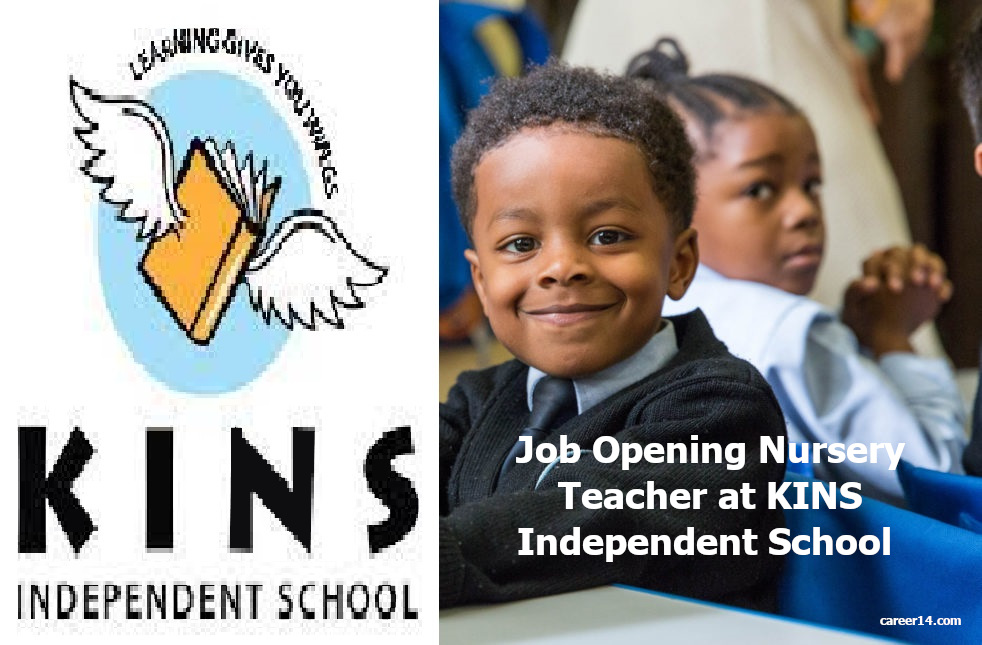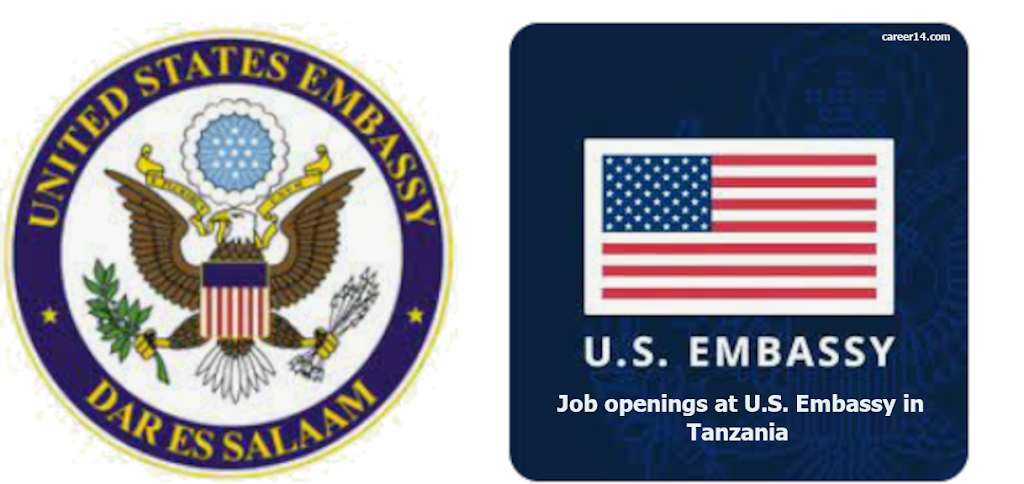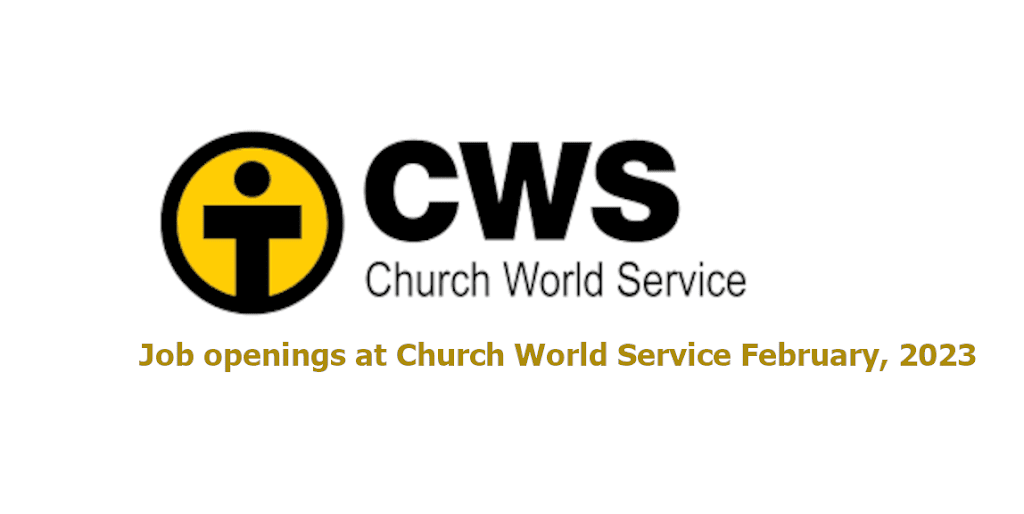Contract type: Temporary Appointment
Level: P-3
Location: United Republic of Tanzania
Categories: Communication for Development (C4D)
UNICEF works in some of the world’s toughest places, to reach the world’s most disadvantaged children. To save their lives. To defend their rights. To help them fulfill their potential.
Across 190 countries and territories, we work for every child, everywhere, every day, to build a better world for everyone.
And we never give up.
For every child, a voice
The 2020 COVID-19 Outbreak emergencies pose a long-term risk of protracted outbreak emergencies with far reaching impact on economy, social and environment. Responding and strengthening RCCE preparedness and response systems and empowering and building in building resilience of communities to shock constitute an essential condition to reduce vulnerability and maintaining positive gains made in areas of health, nutrition, education, and child protection among others.
In Tanzania, UNICEF is one of the core partner and members of the COVID-19 Risk Communication and community engagement pillar, co-lead of the RCCE Pillar, as well as primary focal point for information exchange and coordination on RCCE within UN system.
UNICEF C4D is providing technical and operational support to Government – including to the RCCE Pillar – and partners for the design, implementation, and monitoring evidence-based risk communication and community engagement response, including ensuring coordination and synergy of actions in deployment of RCCE interventions and promotion of measurable behavioral and social change/mobilization. The RCCE/C4D Specialist is responsible to coordinate and manage UNICEF CO C4D/Risk Communication and Community Engagement (RCCE) preparedness and response by helping to strengthen and sustain national RCCE interventions, processes, and capacities, with specific focus on participatory community engagement and mainstreaming of AAP principles and processes
How can you make a difference?
Under the general guidance and supervision of the Communication for Development Specialist, the incumbent has the following key functions/accountabilities:
A. FACILITATION AND COORDINATION
- Support government in coordination of national RCCE coordination mechanism – RCCE Pillar(s) and sub-working groups (WG).
- Provide technical support to the RCCE pillar(s) on the adaptation, update, review and monitoring of national strategies, standards, protocols, guidelines, training manuals and communication materials for RCCE.
- Facilitate RCCE Pillar and sub-group activities, initiating them when necessary, including needs assessments, multi-agency/sector information campaigns and collective advocacy, with a view to building a coherent multi-sector strategy and network of partners working in this area
- Maintain the profile of the RCCE pillar and ensure strong representation of risk communication and community engagement needs and priorities in inter-pillar emergency meetings as necessary.
- Coordinate identification, inclusion, collect, monitoring and analysis of appropriate RCCE indicators, as well as the response monitoring framework.
- Coordinate RCCE Rumors’ and Data Management working group, including ensuring that partners are familiar with and use reporting format for activities, that the working group mailing list and contact details are regularly updated and that the shared drive is organized well, populated with key documents, assessments, evaluations and WG outputs, to build a common knowledge base among partners.
- Serve as a primary focal point on RCCE-related issues for UNICEF CO and advocate, educate, and forge consensus among all those involved in the emergency response, on RCCE tools and approaches for establishing effective community engagement.
- Work on the design of appropriate transition strategies for RCCE pillar, in partnership with the government, including how coordination mechanisms and membership will change during the transition from the emergency to recovery and develop an ‘exit strategy’.
B. RCCE PROGRAMMING AND PARTNERSHIP MANAGEMENT
- Contribute to UNICEF’s response strategy, work planning and contingency planning processes and with other sectors to ensure cross sectoral response programming (Health, WASH, Nutrition, Protection, Education).
- Develop integrated Health, Nutrition, WASH, Child Protection and other sectors culturally relevant key messages and IEC materials as necessary, for printing, TV, radio spots and social media messaging.
- Liaise with and support field offices, RCCE focal persons and sub-groups in designing and implementing risk communication activities.
- Identify, mobilize and maintain partnerships for involvement and contribution into the RCCE response to outbreak, including for strong partnerships with community groups, leaders and other partners in the community and civil society for promotion of participation in social and behavioral changes supportive of UNICEF’s response. Support the development of Partnership Agreements as required.
- Build capacity of partners in RCCE with emphasis on participatory approaches and tools, including community dialogues, mediating meetings, co-creation of key messages, and whenever possible developing practical exercises at community level. • Contribute to programme cycle and funding processes including participation in Central Emergency Response Fund (CERF) appeals, and Humanitarian Fund allocations, or equivalents.
C. STRENGTHEN EVIDENCE-BASED RESPONSE THROUGH ENHANCED DATA AND INFORMATION MANAGEMENT SYSTEMS:
- Provide technical supervision and guidance to improve evidence-based response, incl. on formative research and monitoring and evaluation of RCCE activities in emergency response.
- Support and coordinate conduct of rapid polling and qualitative research to understand community information needs, communications preferences, community dynamics, social norms, cultural beliefs, superstitions and other anthropological factors that could impact programmes.
- Provide advice and support to enable a predictable approach to how RCCE partners are collecting, protecting, analyzing, sharing and aggregating data about risk communication and community preferences priorities, feedback and participation.
- Design and produce an engaging reporting product that can be shared within coordination to regularly update them as to the priority concerns and issues of the community.
- Support CO the documentation of the COVID-19 response in Tanzania, response to other emergencies as needed, including innovative practices, approaches and latest technologies (e.g. U-Report);
- Organize sharing of experiences among UNICEF staff and partners on C4D lessons learned, strategies and tools to prevent and mitigate the impact of emergencies.
D. FEEDBACK MECHANISMS / COMMUNITY PERCEPTION AND FEEDBACK:
- Map existing complaint and feedback channels and support organizations to establish additional channels based on identified gaps and community preferences. Identify community preferences for feedback channels, including for sensitive issues (conducting risk assessments where necessary).
- Develop a process of aggregating the analysis of community feedback provided by organizations to deliver an overview of priority concerns and issues of the community. Seek inputs from cluster/sector leads and other decision-makers to ensure the output reflects their information needs.
- Undertake community-based monitoring of feedback mechanisms to ensure that they accurately reflect community preferences and the changing context.
- Provide analysis of trends in community feedback and propose programme recommendations to resolve issues.
To qualify as an advocate for every child you will have…
- An advanced university degree in communication for social and behavior change, political science, social science, international studies or a related field (Sociology, Anthropology, Psychology, community-based development, Health Education, etc.). *A first University Degree in a relevant field combined with 2 additional years of professional experience may be accepted in lieu of an Advanced University Degree*
- A minimum 5 years of progressively responsible work experience in planning and management of communication for development programmes, with practical experience in the adaptation and application of communication planning processes to specific programmes.
- Substantive relevant experience in emergency countries with proven background/experience in Risk Communication and Community Engagement (RCCE) in areas of humanitarian and/or health emergencies.
- Demonstrable experience in coordinating multi-stakeholder working groups to achieve common goals in humanitarian settings, in developing and implementing community engagement strategies.
- Experience in building consensus and brokering partnerships.
- A good understanding of information management (including data flows, protection and analysis), as well as qualitative and quantitative data collection methods.
- Strong analytical skills and a keen interest and motivation for inter-agency coordination.
- Experience facilitating participatory approaches is highly desirable.
- Ability to work collaboratively as part of a team in a challenging and highly fluid environment, flexibility and the ability to handle constant change.
- Experience in the field of C4D/SBC in emergency/humanitarian context is an asset.
- Fluent in English (verbal and written).Fluent in Kiswahili is a key asset
For every Child, you demonstrate…
UNICEF’s values of Care, Respect, Integrity, Trust, and Accountability (CRITA) and core competencies in Communication, Working with People and Drive for Results.
The UNICEF competencies required for this post are…
Demonstrates Self Awareness and Ethical Awareness (2),Works Collaboratively with others (2),Builds and Maintains Partnerships (2),Innovates and Embraces Change (2),Thinks and Acts Strategically (2), Drives to achieve impactful results (2), Manages ambiguity and complexity (2)
Click here to learn more about UNICEF’s values and competencies.
UNICEF is committed to diversity and inclusion within its workforce, and encourages all candidates, irrespective of gender, nationality, religious and ethnic backgrounds, including persons living with disabilities, to apply to become a part of the organization.
UNICEF has a zero-tolerance policy on conduct that is incompatible with the aims and objectives of the United Nations and UNICEF, including sexual exploitation and abuse, sexual harassment, abuse of authority and discrimination. UNICEF also adheres to strict child safeguarding principles. All selected candidates will be expected to adhere to these standards and principles and will therefore undergo rigorous reference and background checks. Background checks will include the verification of academic credential(s) and employment history. Selected candidates may be required to provide additional information to conduct a background check.
Remarks:
Only shortlisted candidates will be contacted and advance to the next stage of the selection process.
The deadline for submitting the application is 09 February 2022.







